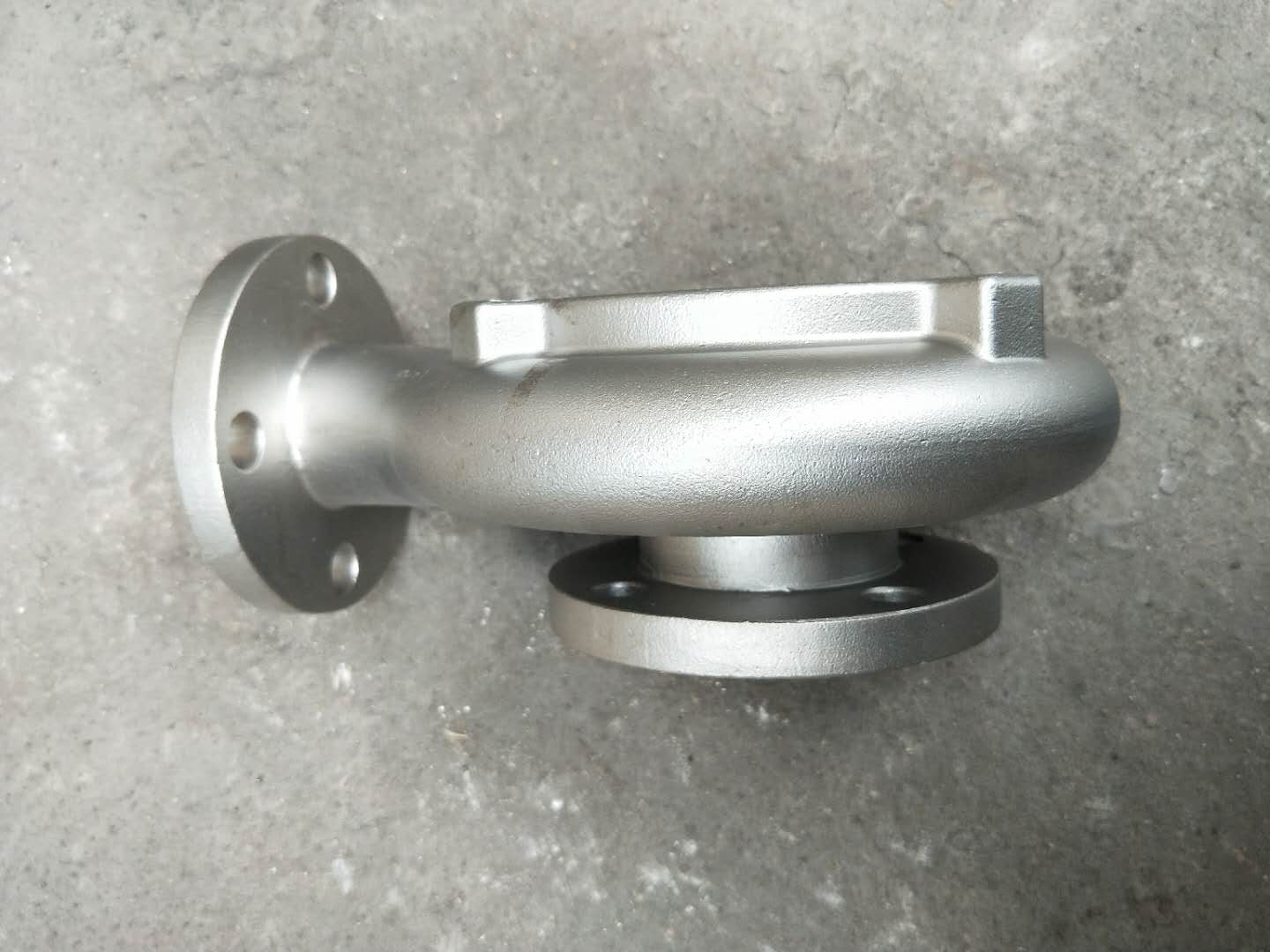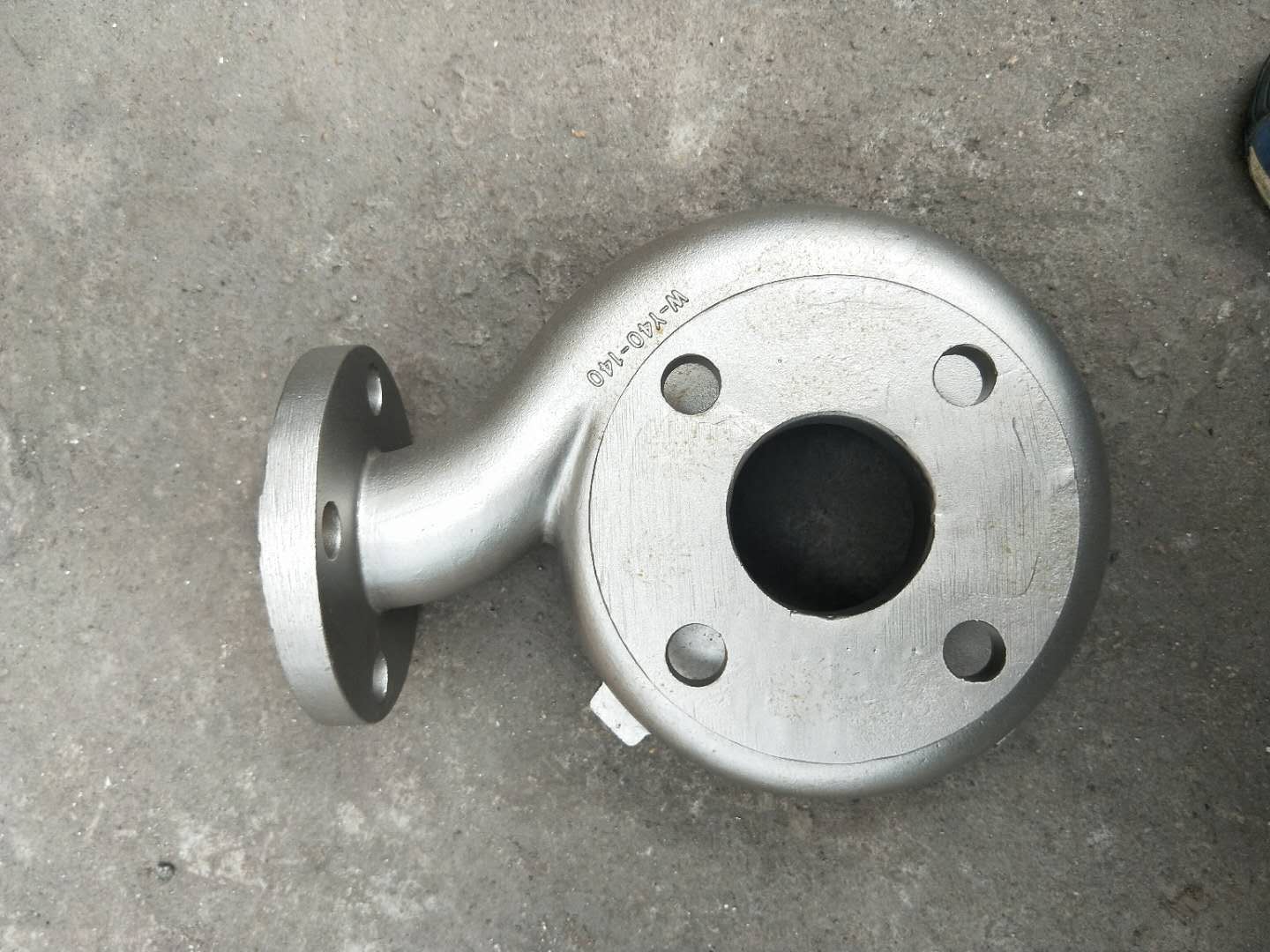Views: 0 Author: Site Editor Publish Time: 07-07-2025 Origin: Site








Imagine driving down the highway on a hot summer day, your engine steadily humming, but suddenly, the temperature gauge starts rising uncontrollably. You pull over, pop the hood, and discover a coolant leak. The culprit? A failed water pump. But what exactly is a water pump, and why is it so crucial to your vehicle's health?
In this article, we will explore the critical role the water pump plays in your car’s cooling system. We’ll also dive into the various components involved, particularly pump parts and how they contribute to the longevity of your vehicle. Along the way, we will discuss common issues that may arise with water pumps and how Pump And Valve Parts can enhance the efficiency of your car’s engine cooling system. By the end of this post, you’ll better understand the function of the water pump, the importance of regular maintenance, and how using high-quality pump parts from JOC Machinery Co., Ltd. can prevent costly repairs.

The water pump is one of the most important components in your car’s cooling system. It serves as the heart of the system, ensuring that coolant flows through the engine block, radiator, and other parts of the cooling system. This process helps regulate the engine temperature, preventing it from overheating. Without a functioning water pump, the coolant cannot circulate properly, and your engine is at risk of extreme damage.
At its core, the water pump’s job is to circulate coolant throughout the engine. The coolant absorbs heat from the engine, then flows to the radiator, where it’s cooled down before returning to the engine. The pump ensures that this cycle continues, preventing the engine from overheating. This is vital because an overheated engine can lead to warped cylinders, damaged pistons, and complete engine failure.
The water pump’s ability to regulate engine temperature is critical for maintaining the vehicle’s performance. As the engine produces heat from combustion, the coolant takes on this heat. The pump’s centrifugal force ensures that the coolant moves through the engine efficiently, keeping the engine temperature within a safe range. Without this regulation, the engine could reach dangerous temperatures, leading to long-term damage.
The water pump also plays a role in lubrication. In certain models, the water pump helps lubricate the bearings and the shaft, ensuring smooth operation. Additionally, water pumps often come equipped with a mechanical seal designed to prevent leaks of coolant, which could otherwise lead to a loss of fluid and overheating.
In some engines, the water pump is responsible for driving the timing chain or belt. This ensures that the engine’s valves and pistons stay in proper synchronization, which is crucial for optimal performance. A malfunctioning water pump could lead to timing issues, resulting in poor engine performance and potential engine damage.

Water pumps come in several varieties, each with unique characteristics suited to different types of vehicles. Here are some of the most common types:
Centrifugal pumps are the most common type of water pump used in modern vehicles. These pumps use an impeller to generate centrifugal force, pushing the coolant through the system. They are known for their durability and efficiency, making them ideal for most vehicles.
In gear-driven water pumps, gears are used to transfer energy from the engine to circulate the coolant. These pumps are typically used in heavy-duty vehicles and are designed for high flow rates. They offer exceptional durability under extreme conditions, which is why they’re commonly found in larger trucks and industrial machinery.
Impeller water pumps function similarly to centrifugal pumps but are generally smaller in size. These pumps are commonly used in compact vehicles where space constraints require more compact designs. Despite their smaller size, they are highly effective at circulating coolant.
Vane water pumps use vanes to move coolant through the system. These pumps are known for their reliability, especially in vehicles with high demands for coolant flow. Turbine pumps, on the other hand, use a turbine wheel to push coolant through the system. They are highly efficient and often found in high-performance vehicles.
Just like any other car part, the water pump is subject to wear and tear over time. A few common causes of water pump failure include:
With constant use, the mechanical components inside the water pump wear out, leading to a decrease in efficiency. This can result in poor coolant circulation, which can cause the engine to overheat. Regular maintenance of pump parts can help prevent this issue.
Neglecting regular maintenance and inspections of the water pump can lead to clogged passages or a buildup of debris, which hampers the flow of coolant. When this happens, the water pump can become ineffective, causing overheating and potential engine damage.
Contaminated coolant can introduce rust, sediment, or other debris into the system, clogging the water pump. Over time, corrosion can damage the internal components of the pump, leading to failure. Using the correct type of coolant and ensuring the system is clean can help prevent this issue.
Overheating can also cause water pump failure, especially if other parts of the cooling system are malfunctioning. A faulty thermostat, radiator valve, or failed belt can cause the pump to work harder than necessary, ultimately damaging the bearings and seals.
Maintaining your water pump involves regular checks and preventative measures to ensure its longevity. Here are some tips for keeping your water pump in top condition:
The most straightforward way to maintain a healthy water pump is to keep an eye on your coolant levels. Low coolant levels can cause the water pump to work harder, which may lead to premature failure.
The water pump is often driven by the engine’s belts, and if these belts become loose or damaged, the pump will not function efficiently. Regularly inspect and replace worn belts to prevent water pump failure.
Regularly flushing the cooling system helps remove rust, debris, and other contaminants that can clog the water pump and prevent it from circulating coolant. Follow your vehicle’s recommended maintenance schedule for flushing the cooling system.
Inspect the water pump and its surrounding components for signs of leaks or clogs. If you notice any coolant leaks, it’s essential to address them quickly to prevent engine overheating and potential damage.
When it comes to maintaining your car’s water pump, using high-quality pump parts is crucial. Low-quality parts may not fit properly or may wear out more quickly, leading to premature pump failure. At JOC Machinery Co., Ltd., we offer a wide range of premium pump parts designed for optimal performance and durability.
By choosing parts from a trusted supplier like JOC Machinery Co., Ltd., you ensure that your vehicle’s water pump operates at peak efficiency, reducing the risk of failure and extending the lifespan of your engine. With our extensive experience and commitment to quality, we provide the best solutions for all your water pump needs.
The water pump is an integral part of your car's cooling system. Its primary job is to circulate coolant throughout the engine, maintaining an optimal operating temperature and preventing overheating. Regular maintenance and using high-quality pump parts are essential for ensuring that your water pump continues to function properly. By taking care of your water pump, you can avoid costly repairs and keep your engine running smoothly for years to come.
If you're looking for reliable Pump And Valve Parts, look no further than JOC Machinery Co., Ltd. Our products are designed to meet the highest standards of quality and efficiency, ensuring your vehicle's water pump remains in top condition.
A: The water pump circulates coolant through the engine to regulate its temperature, preventing the engine from overheating.
A: Symptoms of a failing water pump include coolant leaks, strange noises, engine overheating, and visible damage to the water pump itself.
A: While it’s possible for skilled DIYers to replace the water pump, it’s generally recommended to have a professional mechanic handle the replacement due to the complexity of the task.
A: Water pumps typically last between 60,000 and 100,000 miles, but it’s important to follow the manufacturer’s recommendations for maintenance.
A: High-quality pump parts ensure better performance, durability, and longevity, reducing the risk of water pump failure and engine damage.
Our OEM Stainless Steel/Brass CNC Machining Mid-Size Pneumatic Valve Body is engineered for precise flow control in pneumatic systems used across industrial automation, energy, and manufacturing sectors. Manufactured in Jiangsu, China, this valve body is available in premium stainless steel or brass to suit different environmental and performance requirements. With ±0.05 mm tolerance, every component meets stringent quality standards for durability and operational reliability.
The CB310 Custom Slewing Drive is engineered for solar power tracking systems and other industrial applications that require smooth, precise rotational control. Designed and manufactured in Jiangsu, China, this slewing drive integrates a single-row cross roller bearing for maximum stability, and is compatible with either DC motors or hydraulic motors, depending on your project requirements. With diameters ranging from 200 mm to 4000 mm, this drive is suitable for a wide range of solar panel arrays and mechanical systems.
Add: 20/FL., 26 North Zhongshan Road, Nanjing, Jiangsu, China
Tel: 0086-25-83317070
Fax: 0086-25-83303377
E-mail: peter@jocmachinery.com


